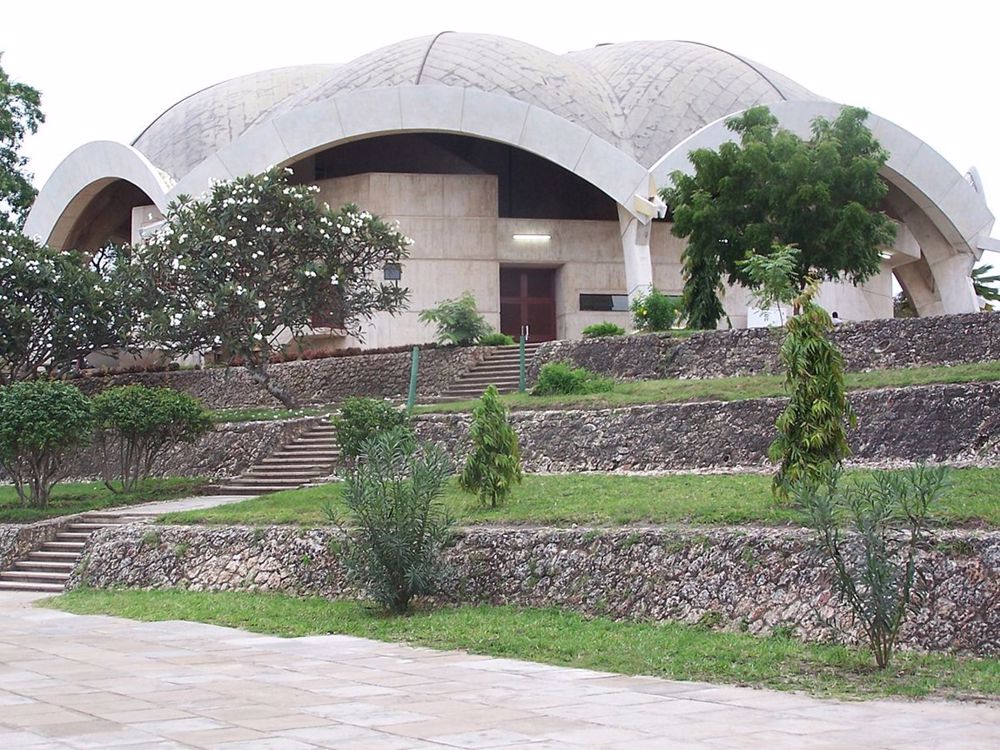Chemical Engineering in East Africa
The University of Dar es Salaam is the oldest and biggest public university in Tanzania. It is situated on the western side of the city of Dar es Salaam, occupying 1,625 acres on the Observatory Hill, 13 km from the city centre. It was established in 1970, and by 1979 had incorporated courses in Process Engineering into its Engineering school. In a phase of both expansion and consolidation; and encouraged by its enlightened Chancellor Julius Nyerere (who himself had studied in Edinburgh), it was recruiting academic staff from around the world.

So it was in 1979 that it appointed this writer, Colin Pritchard, an industrial chemical engineer who had recently joined the staff of Edinburgh University, to a senior lectureship in Chemical Engineering, with a remit to develop new degree courses to meld with those in Process Engineering.
Engineering then had a common first year, including an intensive session of workshop techniques, with three subsequent years of increasing specialisation and three two-month periods of industrial placement across the country. (At this time, travel outside the national boundaries of East African countries was effectively halted on account of conflicts, particularly but not exclusively with Uganda). These placements presented significant opportunities for students with a ChE background, notably in the Dar es Salaam oil refinery, the local cement plant (responsible for poor air quality on “the Hill”), sugar and tea processing plants, and others such as soap making. Part of the duties falling on this author were visits to these plants – where the students were involved in significant work planning, focused reporting, and follow-up to identify how effective their inputs had been. These aspects of their internships broadened students’ minds and formed the basis of in=class discussions and demonstrations of the value of chemical engineering. The first graduating class of 13 readily found appropriate jobs, with four continuing to train as RAs and going on to academic posts in the University. One of these four subsequently became Minister of Energy in Rwanda, bringing with him the uniqueness of the education of the Tanzanian university. This led to an invitation to me to follow up some energy projects in that country, principally in hydropower and in the safe recovery of deep-stored methane in Lake Kivu – but that’s another story!
The tour of out-of-town student placements provided a great opportunity for my family to travel widely in the country. One common theme with companies was the near-absence of appreciation of the contribution that ChE could make, particularly in maintaining product quality and reducing energy consumption. And in order to reduce the country’s demand for oil imports (especially) there was an effective lockdown, with all private traffic being cleared by Sunday afternoons. However, within the campus there were allotments and fishponds – and a swimming pool - so this was not over-restrictive.
More recently the city has expanded hugely to envelop “the Hill”, and the University itself has grown and been joined by others across the country, some of which have developed excellence in ChE, with some of that first cohort of Dar es Salaam graduates taking prominent roles. And with the relaxation of border controls, the spread of Dar es Salaam ChEs has become truly international.